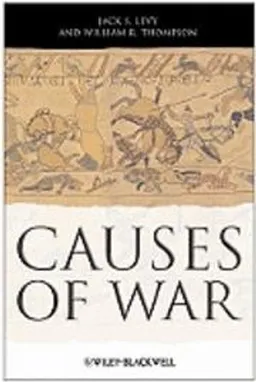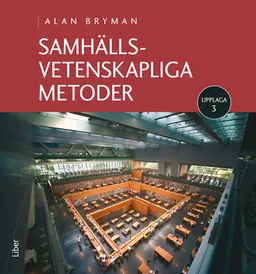

Extreme Violence and the British Way
- Utgiven: 2022
- ISBN: 9781350202603
- Sidor: 268 st
- Förlag: Bloomsbury Academic
- Format: Häftad
- Språk: Engelska
Om boken
Åtkomstkoder och digitalt tilläggsmaterial garanteras inte med begagnade böcker
Mer om Extreme Violence and the British Way (2022)
I april 2022 släpptes boken Extreme Violence and the British Way skriven av Michelle Gordon. Den är skriven på engelska och består av 268 sidor. Förlaget bakom boken är Bloomsbury Academic.
Köp boken Extreme Violence and the British Way på Studentapan och spara uppåt 48% jämfört med lägsta nypris hos bokhandeln.
Referera till Extreme Violence and the British Way
Harvard
Oxford
APA
Vancouver



















